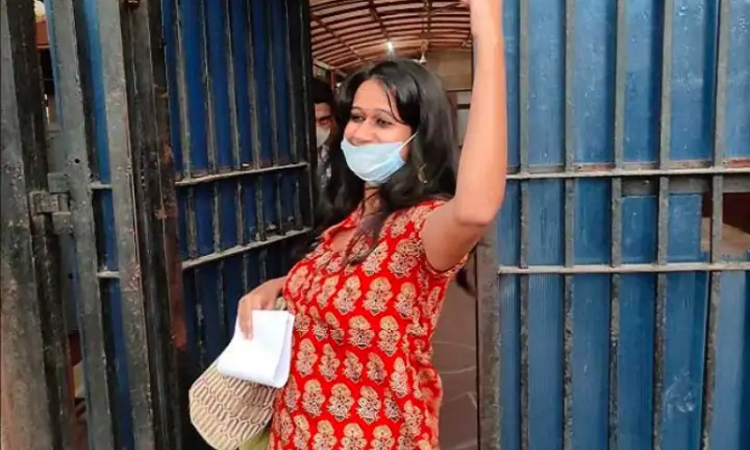"In Its Anxiety To Suppress Dissent, In The Mind Of State, Line Between Right To Protest And Terrorist Activity Seems To Be Getting Blurred": Delhi HC In Natasha Narwal's Bail Order
Nupur Thapliyal
15 Jun 2021 11:50 AM IST

Next Story
15 Jun 2021 11:50 AM IST
